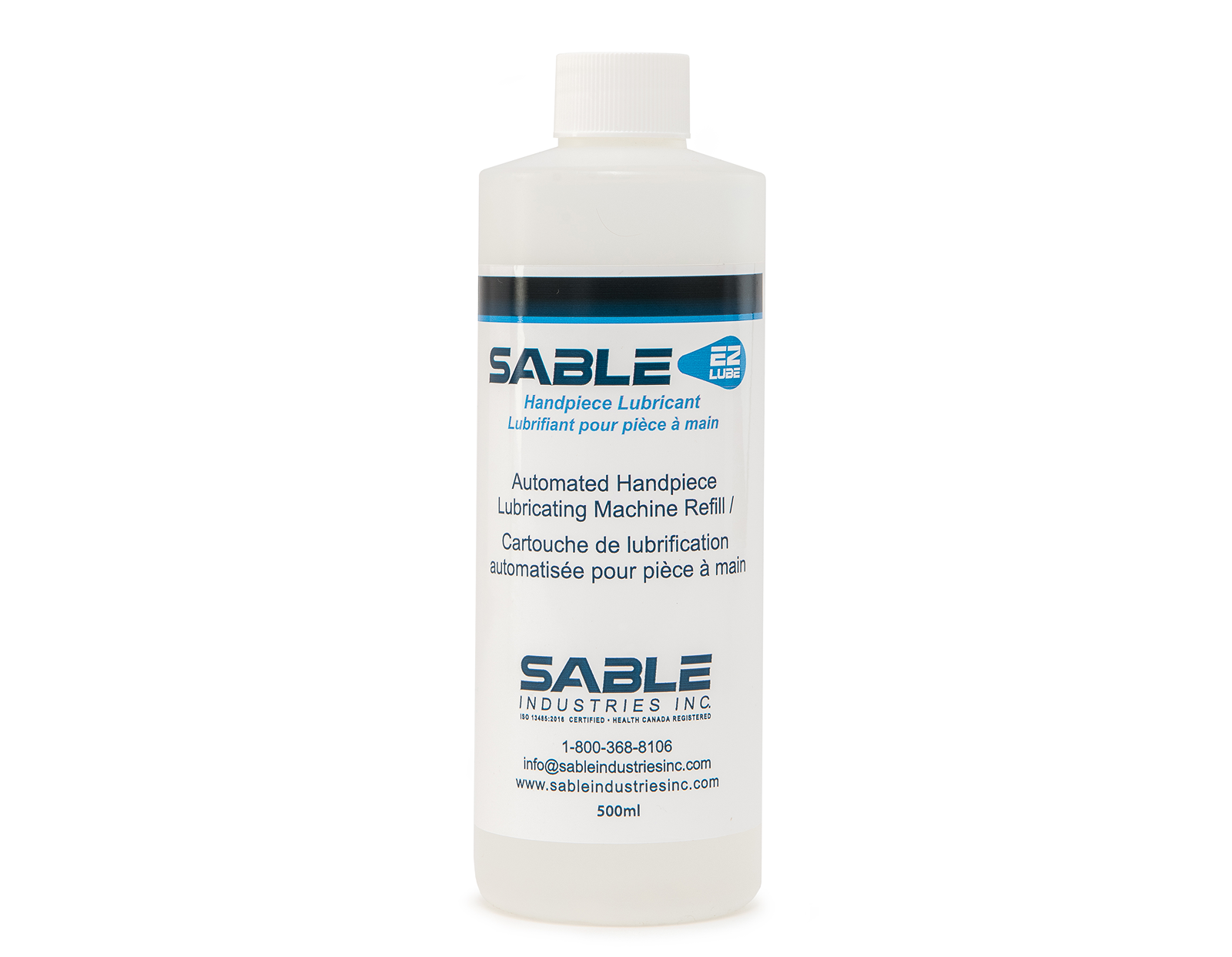As a dental professional, there’s nothing you want more than for your patients to feel at ease. A comfortable patient is a happy patient ‒ not to mention easier to work with and less likely to skip cleanings or check-ups.
Unfortunately, studies show that around half of all adults have a fear of the dentist, and up to 12% suffer from extreme dental anxiety (also known as dental phobia, odontophobia, dentophobia, or dental fear.)
This is a two-pronged problem. First, patients with dental anxiety are less likely to visit the dentist as often, missing out on important dental and overall health benefits. Not only does that harm their own oral health, but it adversely impacts your practice’s financial health!
Second, anxious patients who do attend regular check-ups tend to have negative experiences. Often, anxious patients are more worried that their dentist might try to trick them, won’t take their fears seriously, or will recommend unnecessary work. An anxious patient may offer less cooperation than others, which means more resources and time are required to treat them.
Plus, having someone on edge in the dental chair can make you feel like you’re not in control.
In the end, the appointment is a negative and stressful experience for both the patient and dentist, hygienist, or dental assistant. The more you can help patients reduce their anxiety level, the better the experience will be for everyone.
This brings us to a promising solution: an innovative portable cranial electrotherapy stimulation (CES) device called the Alpha-Stim has recently been demonstrated to help combat dental anxiety.
What is Cranial Electrotherapy Stimulation (CES)?
Cranial electrotherapy stimulation involves administering pulsed, low-intensity current to the patient’s earlobes or scalp to activate specific groups of nerve cells in the brain.
Essentially, by altering the chemical and electrical activity of these cells, the current serves to boost activity in some areas of the brain and decrease activity in others. Devices like the Alpha-Stim harness this effect to induce feelings of calmness, relaxation, and mental sharpness, reducing stress, calming agitation, and stabilising mood.
The device itself is small and unintimidating, resembling a smartphone.
Researchers have studied the effectiveness of this technology in calming patients who experience dental anxiety. One study, conducted in Niagara, sought to compare the efficacy of CES to relaxation therapy and to a combination of both CES and relaxation therapy.
While all three approaches drastically reduced patients’ dental anxiety levels, researchers found that CES (delivered via the Alpha-Stim device) was more efficient and easier than relaxation therapy.
Using CES to Help Patients With Dental Anxiety
In an interview for DentalTown magazine, Colette Brennan described her experience receiving CES treatment via an Alpha-Stim device to counter severe dental anxiety.
Years earlier, Colette had suffered a traumatic experience during a dental procedure that left her very anxious, to the point of tears, whenever she needed to see a dentist. She required sedation to get through even simple treatments like fillings, as well as somebody to distract her throughout the procedure.
These solutions were not ideal. Adding pharmaceuticals to the equation creates an array of potential complications. Throw distractions into the mix and you’ve got one stressful dental appointment.
After skipping out on necessary dental treatments for years, Colette finally sought out a new dentist, who introduced her to the Alpha-Stim. The results were immediate. No more appointments missed.
On her first experience with CES, Colette writes: “I couldn’t believe it at first; I thought the nurse was tricking me. But when she adjusted the level of microcurrents I could feel myself adjusting to my situation and actually relaxing. I wasn’t as conscious of what was going on.”
Many dentists in the UK and Ireland, as well as parts of Canada and the U.S., are embracing this technology with great enthusiasm. While there are numerous other strategies to help patients cope with anxiety, most involve factors that are out of your control: not everyone responds the same way to sedatives, and relaxation therapy takes time to learn.
CES, on the other hand, is a direct approach that appears to provide immediate, consistent results.
Running a dental practice is a blend of technical expertise, business savvy, and customer service. In this day and age, where people value the customer experience more than ever, the ability to provide a fear-free dental practice is a huge competitive edge.
And when patients aren’t anxious, neither are hygienists or dentists. Technologies like the Alpha-Stim could truly be game-changing devices for your practice.


